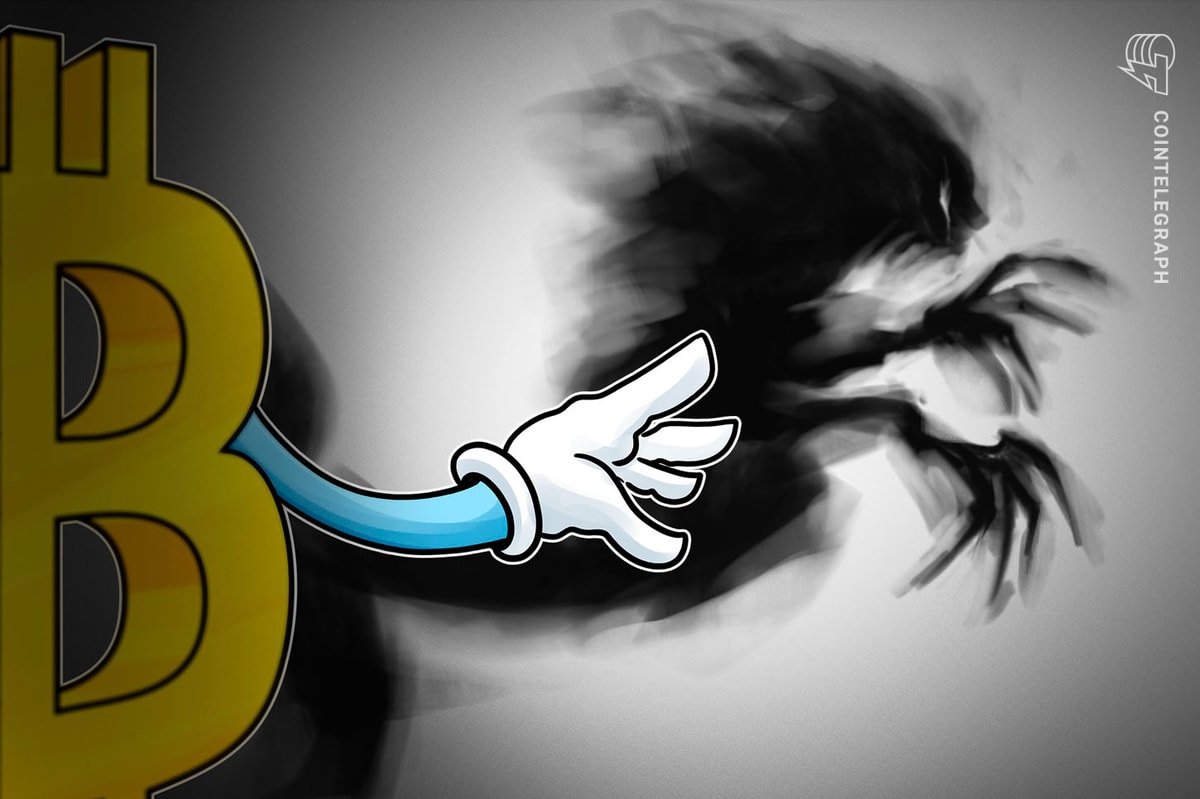Blockchain congestion and transaction queues actually deter ‘nefarious actors’: Study
2 min read
Researchers from Florida Atlantic University and the University of Mississippi recently published research indicating that blockchains with “full” blocks — especially when there’s a transaction queue — appear to have an added layer of protection against nefarious actors, money launderers and would-be fraudsters.
Dubbed “Bitcoin Blocksize, Custodial Security, and Price,” the team’s paper takes a deep dive into the Mt. Gox crash and other instances where cryptocurrency has been stolen from crypto exchanges.
The study’s premise lies in the notion that the perpetrators of illicit activity wish to complete laundering transactions as soon as possible.
Per the paper:
“This investigation is driven by the following intuition: the closer the blocksize is to the limit, the more likely the next transaction will be published on a later block and not the most current one. When these cybercriminals breach a crypto exchange, or ‘close’ a fraudulently operated one, they want to launder the stolen bitcoin quickly.”
The researchers tested their hypothesis by exploiting historical Bitcoin blockchain data and a crypto exchange “scam report.” Using a sample period of 2010 through 2021, they created a “fullness” score for blocks by which to evaluate the data.
After creating a benchmark, the team analyzed historical data for two specific metrics: how much block fullness contributed to the price of Bitcoin (BTC), and how much block fullness acted as a deterrent for bad actors.
Their evaluation, according to the paper, confirmed the team’s hypothesis that “full Bitcoin blocks act as a deterrent to hackers and scammers because they signal congestion.” They also concluded that full blocks “also signal a rise in network security that is captured in price,” thus realizing their second hypothesis that block fullness affected Bitcoin price.
Per the team’s findings, block fullness is cited as 20% lower on the “average day” that has an incidence of a cryptocurrency breach or fraud.





